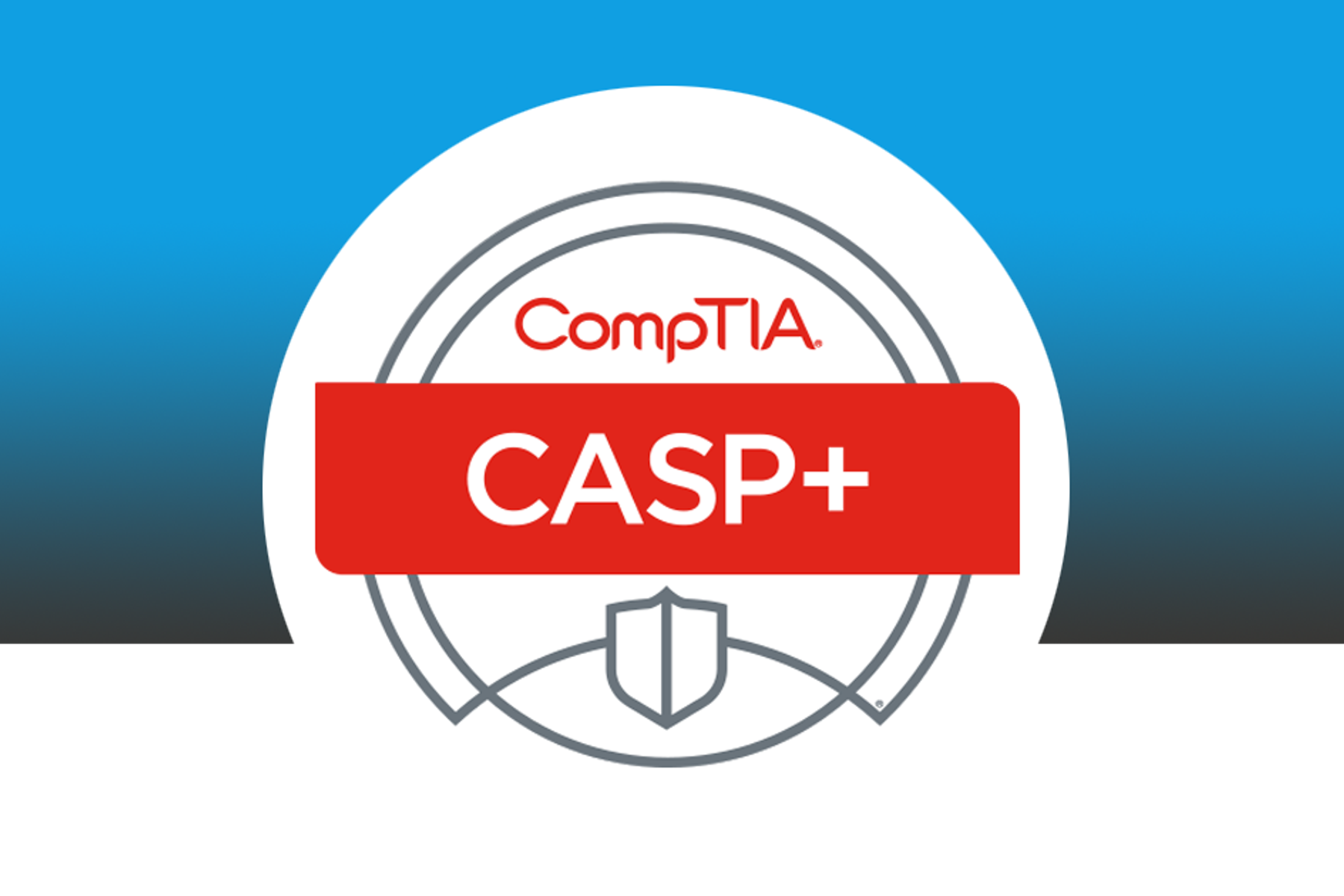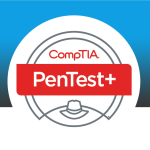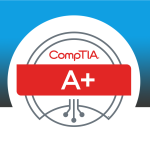Overview
- The CompTIA Advanced Security Practitioner (CASP+) certification is an international, vendor-neutral exam that proves competency in enterprise security; risk management; research and analysis; and integration of computing, communications, and business
- The exam covers the technical knowledge and skills required to conceptualize, design, and engineer secure solutions across complex enterprise environments
Benefits
- In this course, you will learn how to implement solutions within cybersecurity policies and frameworks & assess cyber readiness within an enterprise, and design and implement the proper solutions to ensure the organization is ready for the next attack.
- The CompTIA Advanced Security Practitioner (CASP+) certification was accredited by the International Organization for Standardization (ISO) and the American National Standards Institute (ANSI).
Learning Objectives:
- Distinguish and select among different types of virtualized, distributed and shared computing
- Explain the security implications of enterprise storage
- Integrate hosts, networks, infrastructures, applications and storage into secure comprehensive solutions
- Explain the importance of application security
- Carry out security activities across the technology life cycle
- Carry out relevant analysis for the purpose of securing the enterprise
- To integrate and implement secure solutions across complex environments to support a resilient enterprise
- Use monitoring, detection, incident response and automation to proactively support ongoing security operations in an enterprise environment
- Apply security practices to cloud, on-premises, endpoint and mobile infrastructure, while considering cryptographic technologies and techniques
- Consider the impact of governance, risk and compliance requirements throughout the enterprise
The Main Topic of the Course
- Module 1: Security Architecture
- Module 2: Security Operations
- Module 3: Security Engineering and Cryptography
- Module 4: Governance, Risk, and Compliance
Course Requirements
- Recommended Exp:10 years’ experience in IT administration, including at least 5 years of hands-on technical security experience.
Exam requirements
- There are no specific prerequisites required to attend Exam
LAB Requirement
- It’s recommended to have LAB for this course
Course Outlines and Training Plan
Module 1: Security Architecture
- Given a scenario, analyze the security requirements and objectives to ensure an appropriate, secure network architecture for a new or existing network.
- Given a scenario, analyze the organizational requirements to determine the proper infrastructure security
- Given a scenario, integrate software applications securely into an enterprise
- Given a scenario, implement data security techniques for securing enterprise
- Given a scenario, analyze the security requirements and objectives to provide the appropriate authentication and authorization controls
- Given a set of requirements, implement secure cloud and virtualization
- Explain how cryptography and public key infrastructure (PKI) support security objectives and requirements
- Explain the impact of emerging technologies on enterprise security and
Module 2: Security Operation
- Given a scenario, perform threat management
- Given a scenario, analyze indicators of compromise and formulate an appropriate response
- Given a scenario, perform vulnerability management
- Given a scenario, use the appropriate vulnerability assessment and penetration testing methods and
- Given a scenario, analyze vulnerabilities and recommend risk
- Given a scenario, use processes to reduce risk
- Given an incident, implement the appropriate
- Explain the importance of forensic
- Given a scenario, use forensic analysis
Module 3: Security Engineering and Cryptography
- Given a scenario, apply secure configurations to enterprise
- Given a scenario, configure and implement endpoint security
- Explain security considerations impacting specific sectors and operational
- Explain how cloud technology adoption impacts organizational security
- Given a business requirement, implement the appropriate PKI solution.
- Given a business requirement, implement the appropriate cryptographic protocols and algorithms
- Given a scenario, troubleshoot issues with cryptographic
Module 4: Governance, Risk, Compliance
- Given a set of requirements, apply the appropriate risk strategies
- Explain the importance of managing and mitigating vendor risk.
- Explain compliance frameworks and legal considerations, and their organizational
- Explain the importance of business continuity and disaster recovery concepts






